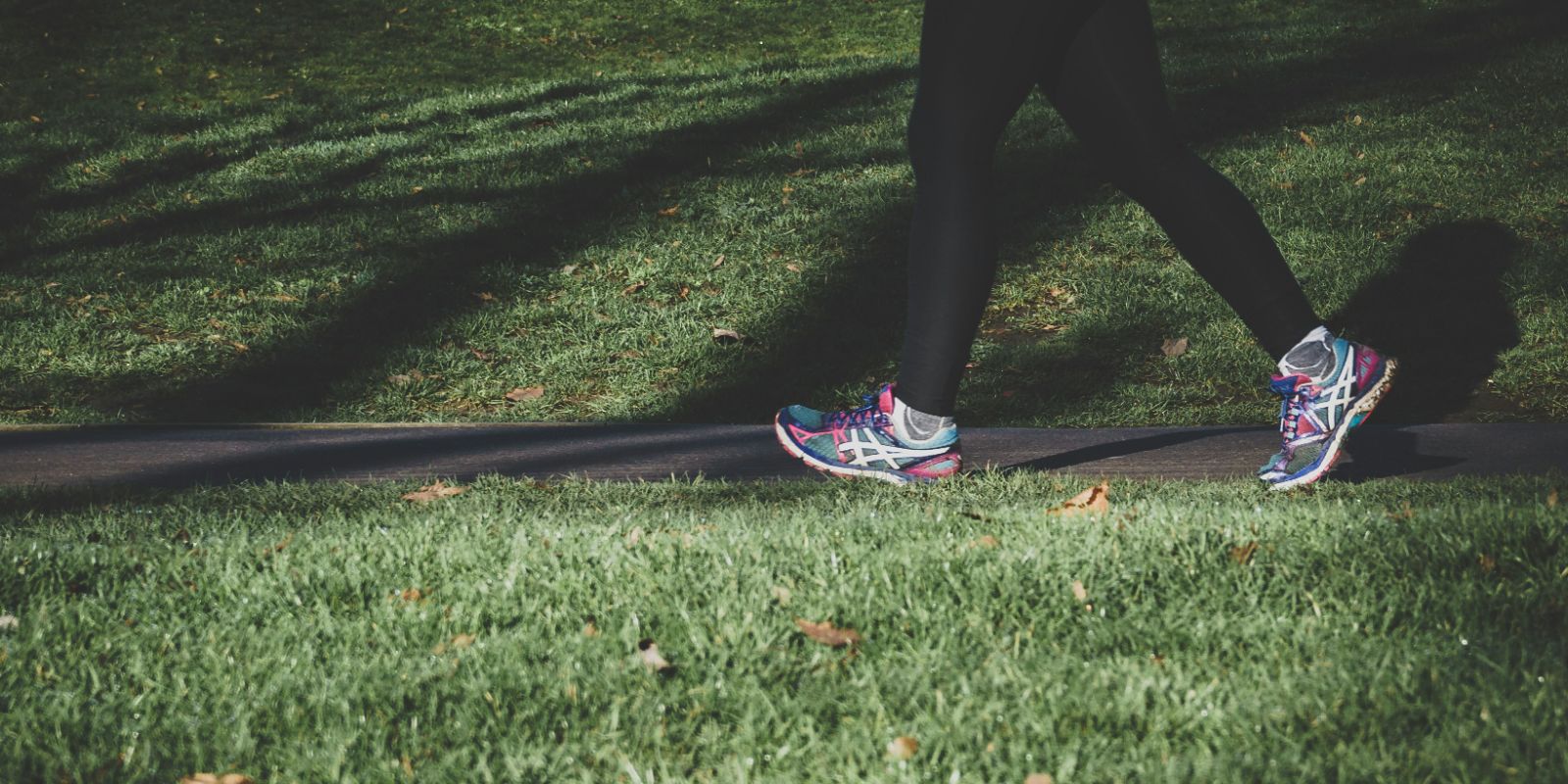15 Essential Tips for a Secure and Fulfilling Gap Year Journey
A gap year is a life-changing experience offering profound personal growth and exciting adventures. Ensuring your safety during this time is crucial. Below, we offer 15 detailed gap year safety tips to help you confidently navigate your travels, covering everything from your initial preparations to how you interact with local cultures.

1. Research Your Destination Thoroughly
Before you embark on your journey, understand your destination’s cultural norms, laws, and safety considerations while having the best gap year. This knowledge is crucial not only for avoiding potential legal troubles but also for facilitating smooth cultural integration. Use reliable sources to gather information about local customs, potential hazards, and recommended safe practices.
2. Choose a Program That Prioritizes Safety and Support for Participants
It is crucial to select a gap year program that emphasizes safety and offers comprehensive support to its participants. Look for programs that ensure gap year travel safety, offer orientation upon arrival, and provide ongoing support throughout your stay. These programs should also have a proven track record of handling emergencies and offer resources such as access to health care services, 24/7 support lines, and assistance navigating local laws and customs. Find a program that prioritizes your well-being, so you can focus more on your personal growth and experiences, knowing you have a solid safety net.
3. Register with Your Embassy

One important gap year safety tip is to register with your home country’s embassy immediately upon arrival. This is vital in ensuring your safety and enabling your government to contact you in an emergency. It can also be a lifesaver in political unrest or natural disasters.
3. Choose Safe Accommodations
Selecting a safe place to stay is more than comfort. It’s about security. Look for accommodations with positive safety reviews and check for specific security measures, such as 24-hour front desk service, surveillance cameras, and restricted access, to ensure only guests can enter the premises.
4. Keep Travel Documents Secure
Keep your travel documents, including your passport and visas, in a secure but accessible location. Consider using a money belt or travel safe to thwart theft and loss. Losing these essential items can significantly complicate your travels.
5. Get Comprehensive Travel Insurance
A travel insurance policy should cover medical issues, theft, loss, and travel interruptions. This coverage is indispensable, protecting you against many common travel risks and when selecting a travel insurance policy, it’s crucial to carefully review the coverage details to ensure it aligns with your specific needs. This personalized approach ensures your gap year travel security. Additionally, keep a digital and physical copy of your insurance documents handy while traveling, and familiarize yourself with the claims process in case you need to seek assistance while abroad.
6. Get Comprehensive Travel Insurance
A travel insurance policy should cover medical issues, theft, loss, and travel interruptions. This coverage is indispensable, protecting you against many common travel risks and when selecting a travel insurance policy, it’s crucial to carefully review the coverage details to ensure it aligns with your specific needs. This personalized approach ensures your gap year travel security. Additionally, keep a digital and physical copy of your insurance documents handy while traveling, and familiarize yourself with the claims process in case you need to seek assistance while abroad.
7. Stay Healthy

Health should be a top priority during your gap year. Ensure you receive all necessary vaccinations well in advance. Put together a personalized medical kit that addresses general and specific needs based on your health and the conditions at your destination. Stay proactive about seeking medical care if you experience any health concerns while abroad, and familiarize yourself with the local healthcare resources available in your destination.
8. Be Aware of Your Surroundings
Constant vigilance is critical to personal security. Always be aware of your surroundings, especially in unfamiliar areas. This includes knowing the location of the nearest embassy or consulate, understanding local emergency procedures, and identifying safe zones in cities you visit.
9. Use Safe and Reliable Transportation
Transportation safety must be considered. Use only reputable providers and verify the legitimacy of any public transport service. Avoid risky behaviors like hitchhiking or taking rides from unverified sources.
10. Maintain Regular Communication
Regular updates to your family and friends are more than just good practice. They assure your gap year’s travel safety. Keep people informed about your travel plans and experiences. They’ll know the location and how to reach you in an emergency.
11. Respect Local Customs and Laws
Understanding and respecting local customs, laws, and regulations is not only about integration but also about your safety. Local laws can vastly differ from what you’re used to, and breaking them can sometimes lead to severe penalties.
12. Manage Your Money Wisely

Financial safety is crucial. Avoid displaying large sums of cash and learn the safest ways to access and store your money abroad. Travel credit cards or pre-loaded travel money cards can reduce the theft risk.
Here are three ways to manage your money wisely to achieve your gap year travel security:
- Utilize Travel-Friendly Payment Methods – Opt for travel credit cards or prepaid travel money cards, which offer added security features and often have lower foreign transaction fees than traditional debit or credit cards.
- Take control of your finances with intelligent budgeting – Learn how to budget your money, set a daily or weekly expense, and track your spending using mobile apps or spreadsheets. This empowering practice will help you stay within your financial limits and ensure you have enough funds for your trip.
- Plan for Currency Exchange – Research the currency exchange rates and fees associated with converting your money before you travel. Consider exchanging some of your currency in advance to take advantage of favorable rates and avoid excessive fees at airport exchange counters or foreign ATMs.
13. Be Cautious with Food and Drinks
New cuisines are one of the great joys of travel, but food safety is essential. Avoid uncooked foods and unpasteurized drinks in areas known for poor sanitation. Always ensure your drinking water is safe, which might mean using bottled water or water purification methods.
14. Have Backup Emergency Contacts
Besides knowing the local emergency numbers, have a backup list of contacts, including the nearest hospital, your embassy, and trusted locals or fellow travelers. This ensures you always have assistance when needed.

15. Protect Your Digital Information
In our connected world, digital safety is as important as physical safety. Use strong, unique passwords for your accounts, enable two-factor authentication where possible, and be cautious when connecting to public Wi-Fi networks.
How to Ensure You Have a Safe & Rewarding Gap Year
A gap year is an excellent opportunity for profound personal development and global exploration. By following these detailed gap year safety tips, you’re not just preparing for an adventure but also ensuring it will be safe, enjoyable, and enriching. Preparation, awareness, and respect are your best tools for a successful and secure journey.